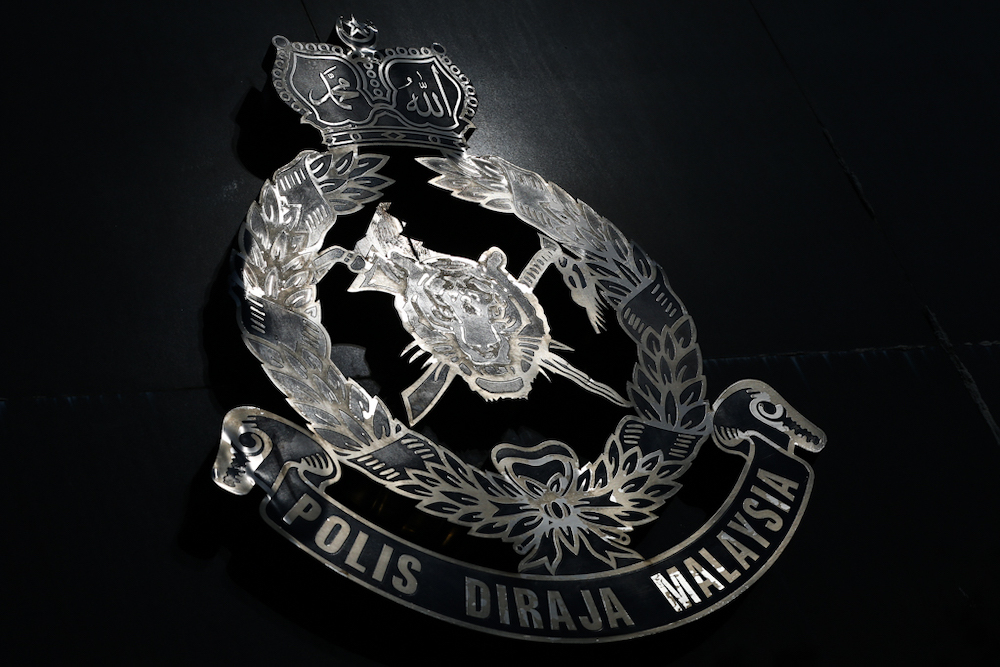See full MADPET statement at:- Coroner and Public Prosecutors fail to deter Death In Custody if Inquests avoided(MADPET) - 3 death in custody in 15 days?
Rights group moots Coroner's Court Act to deal with custodial deaths(Malaysiakini)
Human rights groups call for inquests into recent police custodial deaths

KUALA LUMPUR, June 7 — Several human rights advocacy groups have called for inquests into the recent deaths of inmates while in police custody.
Non-profit organisation Eliminating Deaths & Abuse in Custody Together (Edict) said in a statement that for cases of death in custody, according to the principle of the rule of law, an inquest is the only way to find the cause of death and who is responsible for the death.
Only through an inquest will we be able to see the transparency of the inquiry. We also have the opportunity to dispute and challenge any allegations and evidence presented by the authorities involved in the death in custody case.
“No investigation by any other party is as transparent as the inquest process in the Coroner Court. Justice is for both sides,” it said.
Edict said that there should be independent investigations conducted into custodial deaths, adding that for the time being, police investigations into such cases should be done by a special forensics team in the police force in compliance with existing laws.
“This special unit should be independent of the police station concerned with the death. Ideally it should be based in Bukit Aman headed by an officer whose integrity and independence would not be questioned,” it said.
It also urged the Human Rights Commission of Malaysia (Suhakam) to look into possible human rights infringements in such cases after the Coroner's Court completes its investigations, adding that any recommendation coming from the establishment would be useful to improve the situation in the detention centers.
Another organisation, the Malaysians Against Death Penalty and Torture (Madpet), also said it is perturbed about the lack of inquests and transparency of data concerning deaths, especially deaths in custody, adding that Malaysia needs more independent coroners to determine criminal liability into deaths that happen in the country.
Mapdet said the blame for not holding an inquest into the custodial deaths falls on the public prosecutor and magistrates’ shoulders, adding that the law stipulates that all deaths ought to be inquired into by the Coroner.
“Section 334 of the Criminal Procedure Code (CPC) provides specifically for deaths in custody, whereby it states, ‘...When any person dies while in the custody of the police or in a psychiatric hospital or prison, the officer who had the custody of that person or was in charge of that psychiatric hospital or prison, as the case may be, shall immediately give intimation of such death to the nearest Magistrate, and the Magistrate or some other Magistrate shall, in the case of a death in the custody of the police, and in other cases may, if he thinks expedient, hold an inquiry into the cause of death’.
“If the said Magistrate (Coroner) decides that there is no need for an inquest, he must transmit his decision and reasons to the Public Prosecutor, pursuant to section 339 of the CPC, has the power to ‘...at any time direct a Magistrate to hold an inquiry”, said the group.
The group said that it is time for the members of the judicial service to fall directly under the Judiciary and not the Judicial and Legal Services Commission to ensure greater independence and less avoidance of an inquest into deaths in custody cases.
“Alternatively, it may be time for Malaysia to establish an independent body of Coroners, as is the case in the United Kingdom, which also has the Coroners and Justice Act 2009.
“Magistrates already burdened with their caseload may simply have insufficient time to focus on Coroner’s responsibilities.
They added that a public inquest would also quell any suspicion of cover ups, culling any suspicion that enforcement officers were involved in the deaths.
A recent spate of deaths in police custody have made headlines over the past month, with the most recent being 36-year-old Umar Faruq Abdullah who died after jumping from the second floor of the building while under remand for questioning over the alleged theft of gas cylinders.
Selangor police chief Datuk Arjunaidi Mohamed said the detainee had tried to escape while heading back to the lockup after recording his statement at the investigating officer’s office, where the suspect pushed the personnel and jumped out through an open window on the second floor.
This follows the recent deaths of two detainees, namely, A. Ganapathy and S. Sivabalan at the Gombak police headquarters.
According to the family of Ganapathy, a 40-year-old milk trader, his health deteriorated as a result of beatings. As evidence, they said his legs were swollen and bruised as though he had been assaulted.
Ganapathy, had spent 12 days in police custody from February 24 to March 8 before he was admitted to Selayang Hospital, where his legs were later amputated after contracting necrotising fasciitis.
Forty-two-year-old security guard Sivabalan had reportedly died of a heart attack, less than 24 hours after his arrest.
According to the authorities, the deaths were due to health issues that had been confirmed by the hospital. - Malay Mail, 7/6/2021
No comments:
Post a Comment